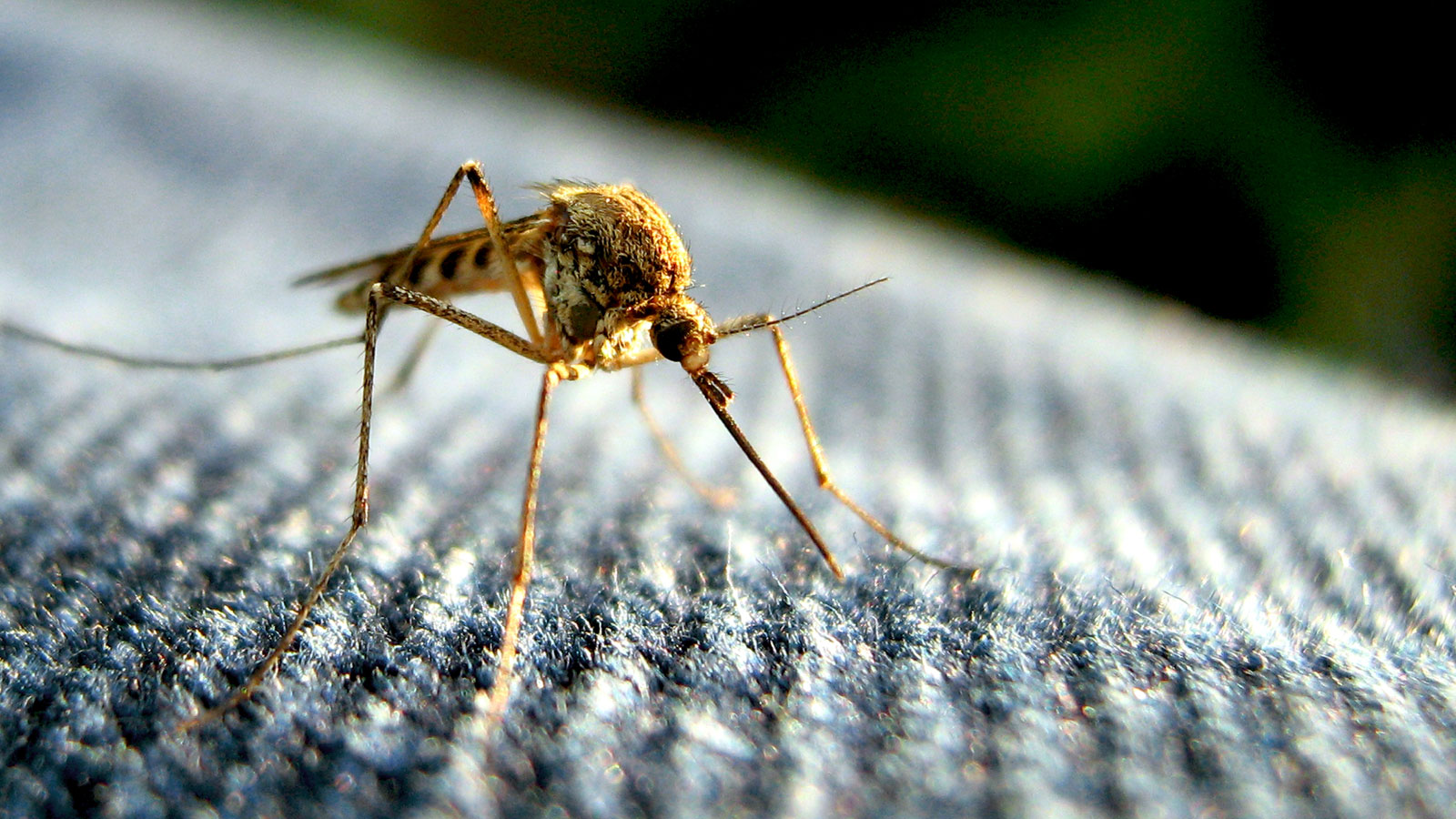Sitting outside on a summer evening can be relaxing — unless mosquitoes are out.
These insects are not just annoying. Some spread West Nile virus and other diseases.
Kaitlyn O’Donnell is an entomologist at Norfolk County, Massachusetts, Mosquito Control District.
She says mosquitoes are sensitive to temperature, so global warming may allow some species to expand their ranges or move north. And rainfall patterns affect which species are prevalent in a given year.
“We know that if certain species of mosquitoes, if their populations are increasing, we know that the risk level to the human population is going to be changing,” O’Donnell says.
Last summer, Massachusetts got a lot of rain, and with it, a record number of the mosquito species that breed in floodplains. O’Donnell says these mosquitoes are aggressive biters but less likely to carry West Nile.
She says in her region, the species most likely to carry West Nile tend to thrive in drier years because they breed in stagnant water that lingers in places like storm drains.
“And so that is when you’ll see a lot more West Nile virus activity,” she says.
So eliminating standing water in your yard and wearing mosquito protection can help you stay safe on summer evenings.
Reporting credit: ChavoBart Digital Media
Source link


